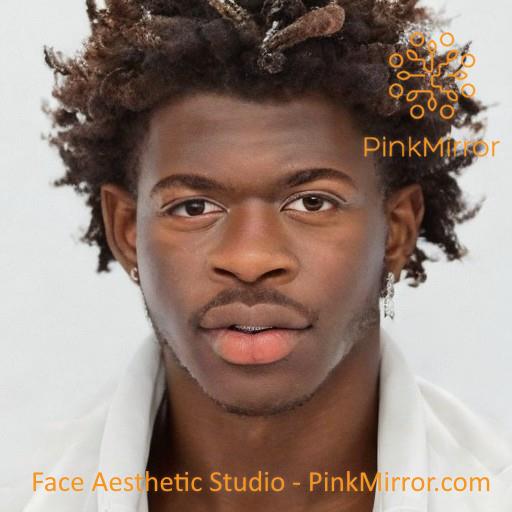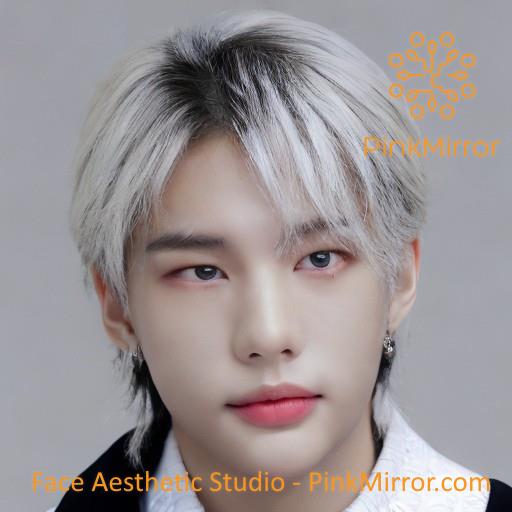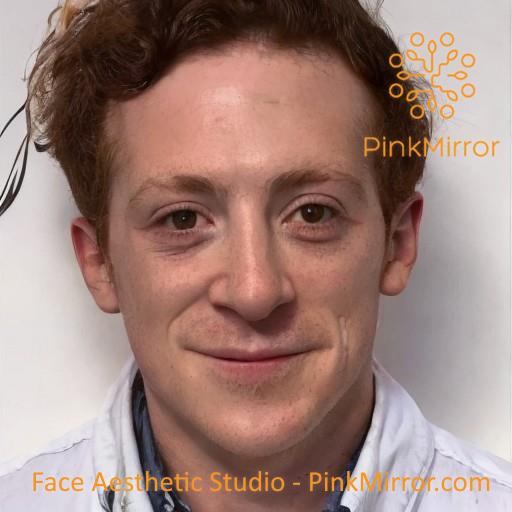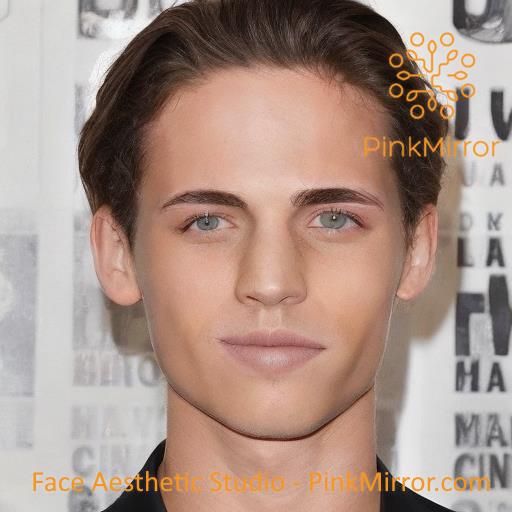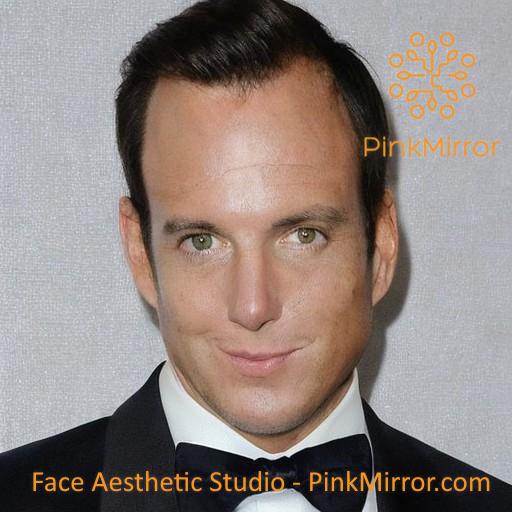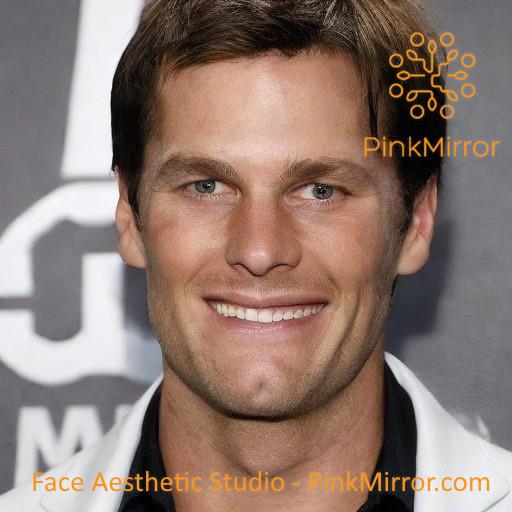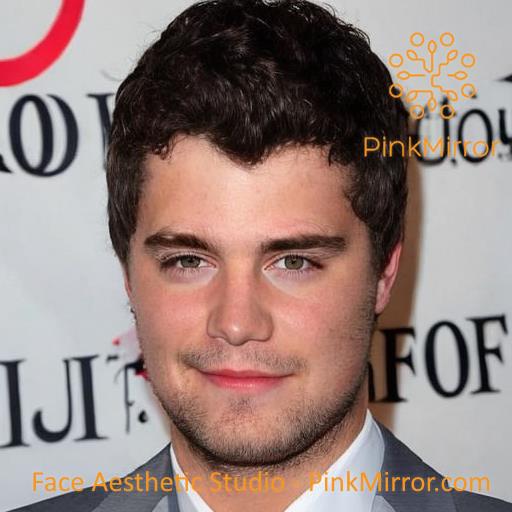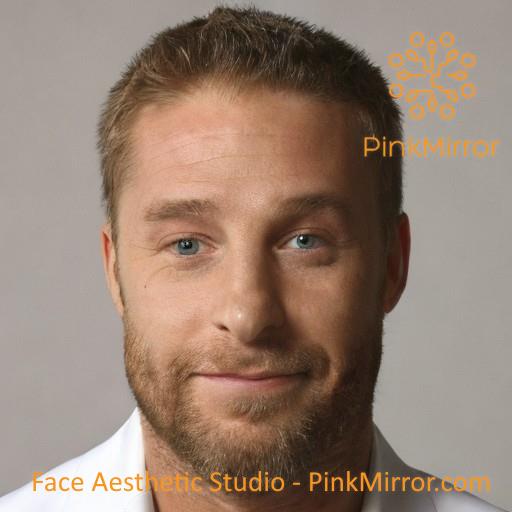Martin Scorsese - Facial Feature - Bi Goinal To Bi Zygomatic Ratio

Your face falls into the average bigonion-to-bizygomatic-ratio category, which is considered a high attractiveness among the five male face bigonion-to-bizygomatic-ratio types. That’s often seen as very appealing by current standards. Here’s how each category is generally perceived: smallest – low attractiveness, small – low attractiveness, average – high attractiveness, large – high attractiveness, largest – low attractiveness.
- Most Attractive
- Least Attractive
- Your Score
Why is a larger Bi-Gonial to Bi-Zygomatic Ratio better for males?
The bi-gonial width (distance between jaw’s lateral points) and bi-zygomatic width (distance between cheekbones’ lateral points) determine facial shape, differing in males and females. Altman (2012) found males have wider bi-gonial widths due to angular jaws, resulting in a larger bi-gonial to bi-zygomatic ratio. Lakhiani and Somenek (2019) observed that males’ inter-zygomatic width equals their bi-gonial width, indicating a square facial structure, unlike females with a smaller ratio and more oval faces. Windhager et al. (2011) correlated larger ratios in males with traits like attractiveness and masculinity, highlighting the bi-gonial to bi-zygomatic ratio’s significance in perceptions of male facial attractiveness.
Read the detailed study with exact scientific references
Choose a recommendation and track your weekly progress:
Cautionary Note: It's important to note that each individual's skin is unique and may respond differently to various treatments. Always conduct a patch test when trying new products or ingredients, and consider consulting a dermatologist before beginning any advanced treatments.
Celebrities with average face bigonion to bizygomatic ratio



